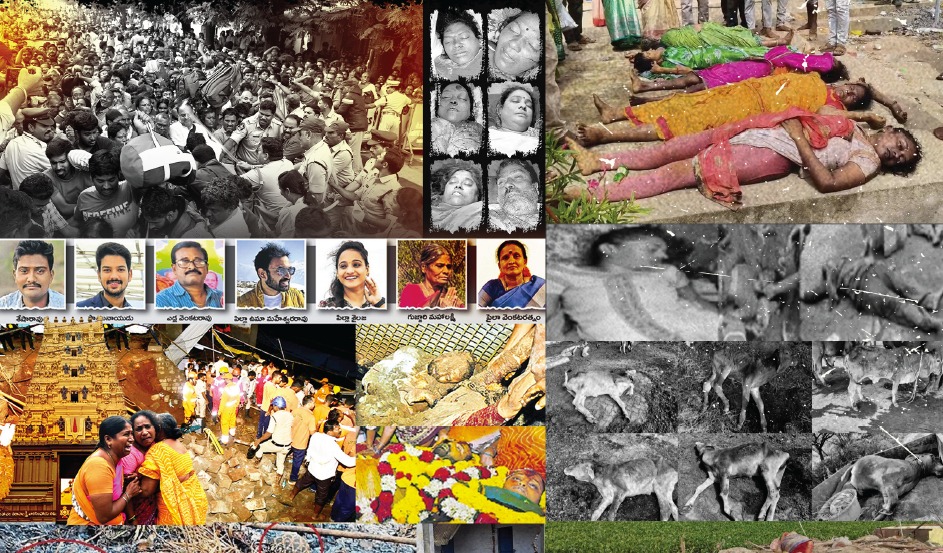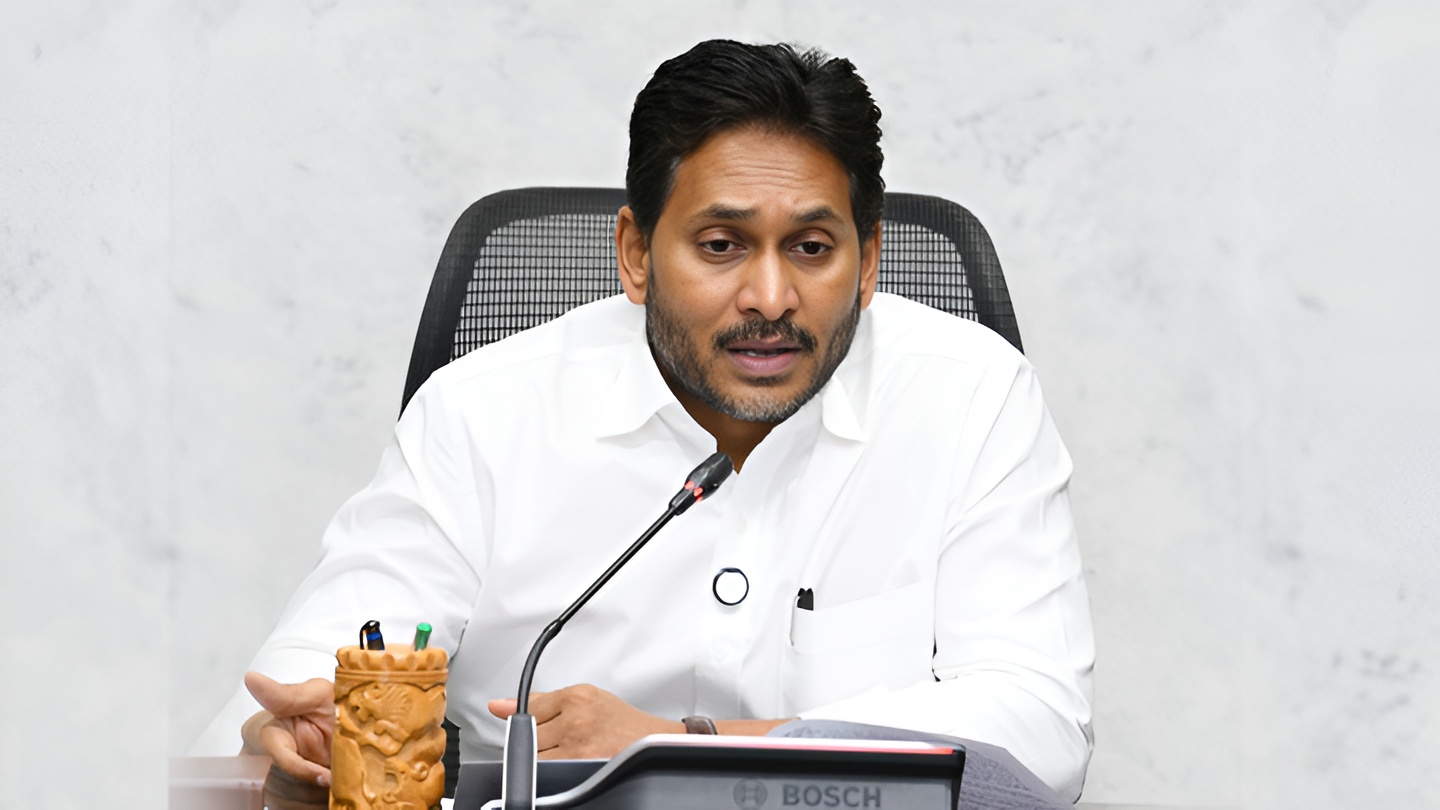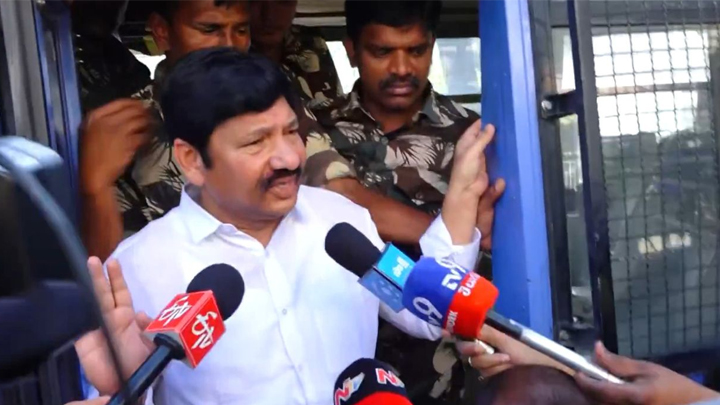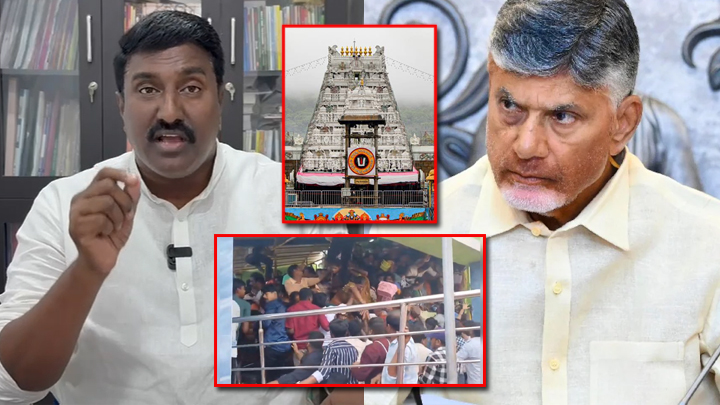As cabinet meetings devolve into arenas of political defamation, Andhra Pradesh Chief Minister Chandrababu Naidu faces allegations of engineering a calculated distraction to obscure his administration’s inability to fulfill electoral pledges, plunging the state into a morass of deceit and retribution.
The Collapse of Commitments
A tempest brews within Andhra Pradesh’s political landscape, marked by accusations of desperation and subterfuge. Chief Minister Chandrababu Naidu, once a formidable architect of the state’s governance, now stands accused of transforming cabinet proceedings into a spectacle of diversionary tactics. His administration, burdened by unmet promises and administrative disarray, has shifted its focus from advancement to political maneuvering. Critics assert that this government has failed abysmally in its duties, leaving citizens disillusioned and poised to demand accountability, a reality Naidu is keenly aware of and seeks to evade.
Budgets Without Substance
Since assuming power, the government has presented two budgets, yet no tangible progress has been made on its commitments. The heralded “Super Six” and “Super Seven” initiatives remain unfulfilled, while the 143 promises outlined in the coalition’s manifesto linger as unachieved aspirations. Rather than delivering results, the administration is charged with employing deception as its primary strategy, stalling the state’s development. Observers contend that this paralysis has compelled the leadership to deflect scrutiny through orchestrated distractions.
A Cabinet of Self-Interest and Vendetta
The cabinet, intended as the apex of state decision-making, has been reduced to a hollow institution, allegedly serving the interests of the ruling elite rather than the public. Transparent governance has been abandoned, supplanted by decisions purportedly designed to enrich Naidu’s allies and reinstate a regime of exploitation. Far from fostering constructive dialogue on development or promise implementation, the cabinet is accused of becoming a battleground for political vengeance, undermining its integrity and purpose. Critics decry this shift as a betrayal of its mandate, eroding public trust.
Overreach into Judicial Matters
Central to the allegations is the cabinet’s handling of the Vivekananda Reddy murder case, a matter still under judicial scrutiny. This tragic event has been thrust into cabinet deliberations, allegedly as a tool to tarnish political adversaries and exert influence over investigative bodies and the judiciary. Such interference is portrayed as an audacious overstep, with critics arguing it represents an attempt to manipulate legal processes for partisan gain, an action deemed unparalleled in India’s political history and a nadir in governance ethics.
Echoes of Accountability from the Past
The focus on the Vivekananda Reddy murder carries an ironic twist: the crime occurred in 2019, during Naidu’s previous tenure as Chief Minister. Detractors question his inaction at the time, suggesting that his current fixation on the case may be an effort to obscure past shortcomings or protect implicated parties. This historical context amplifies the charge that the cabinet’s agenda is less about justice and more about self-preservation.
Exploitation and Division
The accusations escalate with claims that Naidu exploited the murder to sow discord within the Reddy family, manipulating relatives for electoral advantage. This alleged strategy of division is condemned as a cynical maneuver, reducing a familial tragedy to a political chessboard and exemplifying the depths to which the administration has sunk.
The Enigma of Dastagiri
A striking figure in this saga is Dastagiri, who publicly confessed to murdering Vivekananda Reddy yet has since risen from a driver to a person of influence, accompanied by a convoy and wielding apparent authority. Critics demand answers: who has enabled this ascent? The indictment points directly at Naidu and his party, alleging they have shielded a confessed killer to advance their agenda, further tainting their moral standing.
A Legacy Tainted by Violence
The critique broadens to encompass Naidu’s 40-year political career, which is accused of fostering a “culture of assassination politics.” Historical incidents, such as the deaths of Mallala Babji and Vangaveeti Mohana Ranga, are cited as evidence of a pattern where lives were sacrificed for power. This legacy, critics argue, challenges the populace to recognize a decades-long trail of ruthlessness.
Unaddressed Family Controversies
If cabinet scrutiny is permissible, why not examine Naidu’s own household? Critics highlight unresolved incidents, Balakrishna’s domestic scandals, a watchman’s death, NTR’s alleged betrayal, and other familial mysteries like Harikrishna’s demise and Nara Rammurthy Naidu’s confinement. These are presented as a litmus test of Naidu’s consistency, with detractors asserting that his reluctance to confront them exposes a glaring hypocrisy.
Suppressing the Vivekananda Truth
Returning to the murder case, key investigative leads, such as Shameem’s communications and erased phone data, are reportedly being stifled. Questions abound: who suppressed this evidence, and why has the investigation stalled? The implication is that powerful forces, potentially linked to Naidu, are obstructing justice, casting further doubt on the administration’s motives.
Defamation of the Deceased
The campaign of distraction extends to dragging uninvolved individuals into the narrative. Dr. EC Gangireddy, Jagan Mohan Reddy’s father-in-law, who died of COVID-19 in Hyderabad, is among those falsely implicated, alongside others like Narayana (a driver felled by a brain tumor) and Abhishek Reddy (who succumbed to immunity issues). Critics decry this as a grotesque exploitation of natural deaths to bolster a fabricated conspiracy.
Gangadhar’s Silenced Struggle
Gangadhar Reddy, a witness who resisted coercion to provide false testimony, died of diabetes-related complications. His documented resistance against CBI pressure underscores his credibility, yet his death has been twisted against the YSRCP. Opponents counter that his survival would have bolstered their defense, exposing the absurdity of the accusations leveled against them.
Media as a Tool of Deception
The narrative culminates with an indictment of Naidu’s media allies, notably Eenadu, accused of amplifying falsehoods, from debunked claims of Rs. 14 lakh crore in state debt to exaggerated witness-death stories. This “yellow media” is portrayed as a megaphone for diversion, obscuring the administration’s failures and deflecting attention from substantive governance issues.
The cabinet, once a beacon of executive authority, now reflects a government unmoored, its image warped by the accusations it hurls. As Andhra Pradesh’s citizens observe this unfolding drama, they are left to ponder a pressing question: when will the pursuit of justice and progress supplant this theater of obfuscation?










